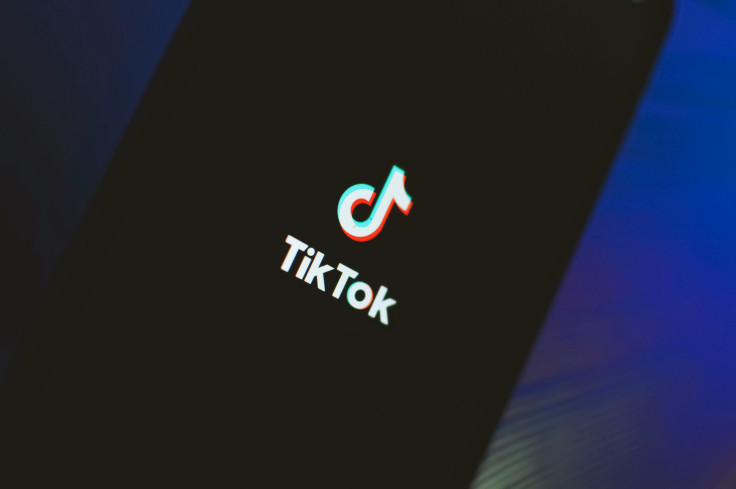Father Murders 16-Year-Old Daughter After She Refuses to Delete TikTok — Family Tried to Stage Suicide
Rawalpindi father shoots his teenage daughter over TikTok use in a deadly "honour" killing, police say; family initially blamed it on suicide amid growing concern over violence against young women in Pakistan.

A 16-year-old girl was shot dead by her father in Rawalpindi, Pakistan, after she refused to delete her TikTok account, according to local police. The shocking act, described as an 'honour' killing, was initially disguised as a suicide by the family, authorities said.
The teenager was allegedly killed on Tuesday night in the city of Rawalpindi, near Islamabad. A police spokesperson told Agence France-Presse (AFP) that the father demanded his daughter remove her TikTok presence. When she refused, he fatally shot her. He was later arrested.
'This is being investigated as an honour killing,' Rawalpindi police officials told reporters. The family had attempted to mislead authorities by claiming the girl took her own life. However, forensic evidence and inconsistencies in the narrative led to a swift arrest.
Growing Trend of Gender-Based Violence
The case is the latest in a disturbing pattern of gender-based violence linked to women's digital presence in Pakistan. Just last month, 17-year-old TikTok influencer Sana Yousaf, who had amassed hundreds of thousands of followers, was murdered by a man whose romantic advances she had rejected. Her death sparked protests across the country, with activists calling for stronger protections for women online.
In a similar case earlier this year, a father in the southwestern province of Balochistan admitted to orchestrating the killing of his 14-year-old daughter after she appeared in TikTok videos. He claimed her content compromised the family's 'honour', a common justification for violence in Pakistan's patriarchal society.
TikTok and the Gender Divide
TikTok remains immensely popular in Pakistan, especially among young users and women, offering a platform for creative expression and, for some, financial independence. In a country where fewer than a quarter of women participate in the formal economy, social media has become a rare space for visibility.
However, Pakistan also has the widest gender digital divide in the world, with only 30% of women owning smartphones compared to 58% of men, according to the 2025 Mobile Gender Gap Report.
The app has also faced repeated bans and scrutiny by the Pakistan Telecommunication Authority for allegedly promoting 'immoral and indecent' content. These bans often follow public outcries led by conservative groups targeting LGBTQ+ and gender-nonconforming creators.
Culture of Control and 'Honour' Killings
Pakistan continues to grapple with the issue of so-called 'honour' killings, where women are murdered by male relatives for behaviour deemed dishonourable to the family.
According to the Human Rights Commission of Pakistan, hundreds of women are killed annually under this pretext, often with little accountability due to legal loopholes and cultural norms.
In December 2023, four people were arrested in Sindh province for the killing of an 18-year-old woman after an edited photo showing her with a boy went viral. Police later found the image had been doctored and posted from a fake account.
In 2016, the high-profile killing of social media star Qandeel Baloch by her brother shook the nation. Although he confessed and was initially convicted, he was acquitted in 2022 after the family forgave him—a legal provision critics argue enables honour-based crimes.
More recently, the brutal murder of Noor Mukadam in 2021, who was beheaded by a male acquaintance for refusing his marriage proposal, led to national outrage. Her killer was sentenced to death, yet the violence continues.
Urgent Need for Reform and Education
While Pakistan has passed laws including the Anti-Honour Killing Bill in 2016, enforcement remains inconsistent. Many perpetrators escape justice due to familial forgiveness clauses or social pressures.
Women's rights groups are calling for nationwide education campaigns, digital literacy initiatives for young girls, and better policing of cyber threats. Civil society organisations stress that tackling honour-based violence requires not only legal reform but a deep cultural shift in how women's autonomy is perceived.
'This tragedy reflects how women's presence online is still policed by violence,' said a spokesperson for the Aurat Foundation, one of the country's leading women's rights groups. 'Until families and communities accept that women have a right to express themselves, stories like this will keep happening.'
As the investigation in Rawalpindi continues, the public and policymakers alike are once again forced to confront the deadly intersection of honour, gender, and technology in modern Pakistan.
© Copyright IBTimes 2025. All rights reserved.






















